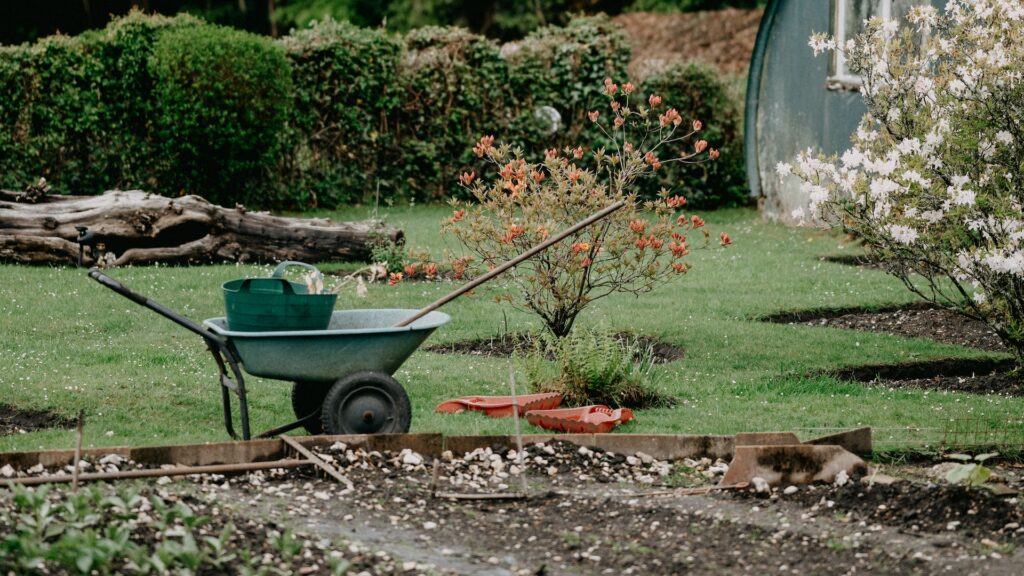Are you looking to connect with nature, save some money on grocery bills, and enjoy the satisfaction of growing your own food? Starting a vegetable garden at home may be the perfect solution for you! Gardening not only provides fresh and healthy produce but also offers a stress-relieving and rewarding hobby. In this comprehensive guide, we’ll walk you through the steps to begin your own vegetable garden and provide valuable tips for success.
Choosing the Perfect Location:
Before digging in, it’s essential to find the right location for your vegetable garden. Look for an area with sufficient sunlight, preferably six to eight hours a day, and ensure it is easily accessible for watering and maintenance. Additionally, consider the proximity of trees and structures that may cause shade or affect water drainage.
Preparing the Soil:
Good soil is the key to a thriving vegetable garden. Conduct a soil test to determine its pH level and nutrient content. Based on the results, amend the soil with organic matter such as compost or aged manure to improve its fertility. Keep in mind that loose and well-draining soil is crucial for the healthy development of plant roots.
Choosing the Right Vegetables:
Consider the space available, climate conditions in your area, and your family’s preferences when selecting vegetables for your garden. Start with easy-to-grow varieties like tomatoes, cucumbers, lettuce, and peppers. Opting for fast-maturing vegetables can also provide a sense of accomplishment and quicker harvests.
Planting and Maintenance:
Follow the instructions on seed packets or plant labels regarding planting depth, spacing, and watering requirements. Water your vegetables regularly, aiming for consistency rather than overly saturated or dry soil. Mulching around the plants can help conserve moisture, suppress weeds, and regulate soil temperature. Keep an eye out for common garden pests and consider using natural pest control methods or introducing beneficial insects to your garden.
Organic Gardening Practices:
Embracing organic gardening practices not only benefits your health but also the environment. Avoid synthetic fertilizers and pesticides, opting for organic alternatives. Incorporate companion planting techniques to maximize crop health and deter pests naturally. Additionally, consider composting kitchen scraps and yard waste to create nutrient-rich organic matter for your garden.
Harvesting and Enjoying the Bounty:
As your vegetables mature, it’s time to enjoy the fruits of your labor! Harvest vegetables at their peak ripeness for the best flavor. Regularly harvesting encourages continued production. Consider preserving excess produce through canning, freezing, or sharing with friends and neighbors.
By following these steps and incorporating organic gardening practices, you can have a thriving vegetable garden right at home. Gardening not only provides you with delicious and nutritious produce but also ensures a connection to nature and a fulfilling hobby. So, roll up your sleeves and embark on this exciting journey of home gardening for a sustainable and enjoyable lifestyle.

